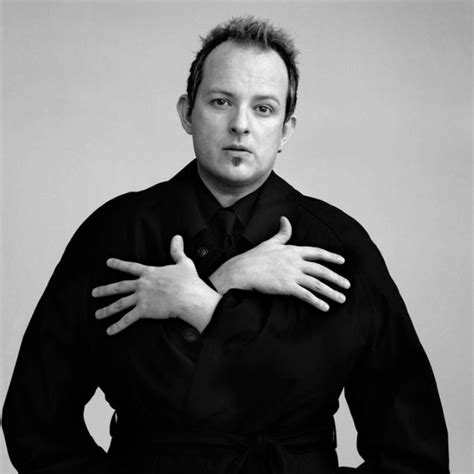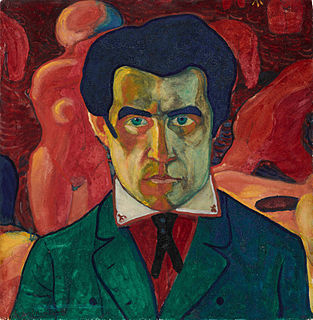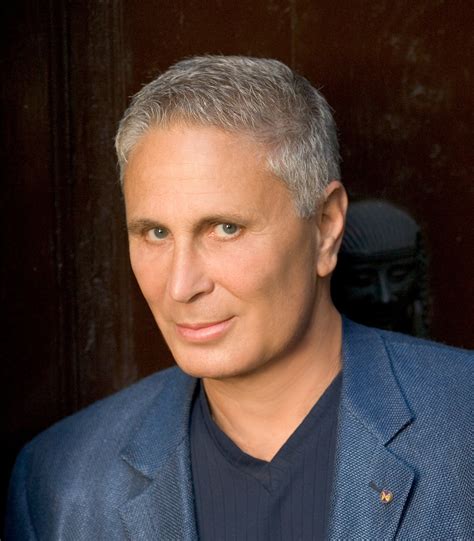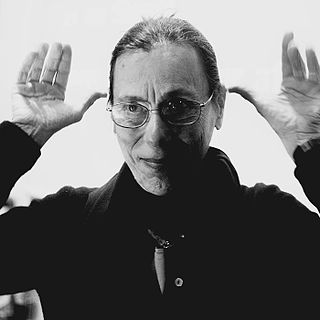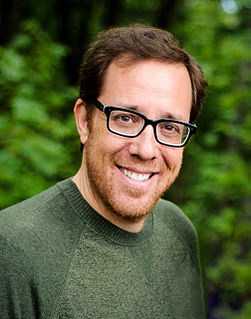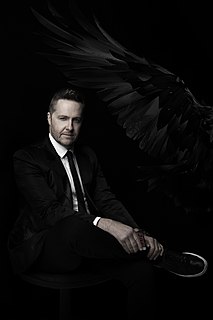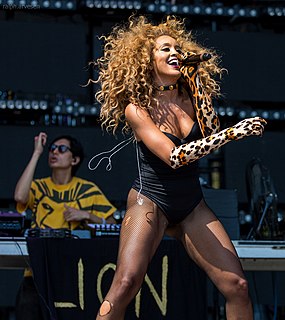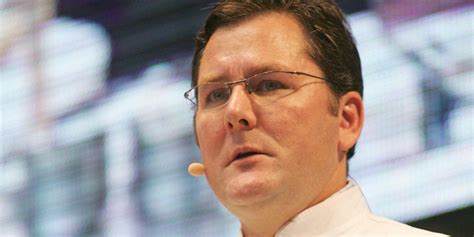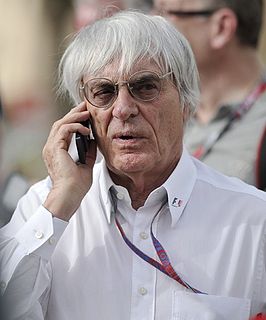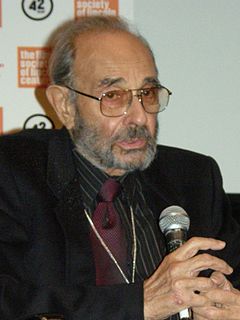A Quote by Apollo Robbins
In the same way that a film director would use a film lens to blur out a certain item or use a spotlight, I use certain movements that draw the eye instinctually.
Related Quotes
I try to express in my films things that no other art can approach. In my monster films for example, I use special effects in the same way one would use a special film stock, a special camera, and so on. Monster films permit me to use all of these elements at the same time. They are the most visual kind of film.
I regard photography and film simply as new technical means which painters must absolutely make use of, just as from time out of mind they have made use of brush, charcoal and color. It is certain, however, that photography and film must become as evocative for the sensibility as pencil, charcoal and brush. (1927)
I should say that feminism gave me permission to deal with my own emotional life and put it up front in certain ways, or use film as a way to examine, at that time, my own heterosexual experience. Lives of Performers was the beginning of that kind of investigation. But also, the film was influenced by the aesthetics and structures of experimental film as that was taking place at the same time. Hollis Frampton was a big influence on me at that time.
Films are made the same today, as they've ever been made, in certain respects. The scriptwriting, the pre-production, the storyboarding, and the designing are all the same. The technique of animation has changed, in the sense that rather than drawing it by hand, we use a computer as a tool. The computer has become a pencil to draw or paint the images that we see in a film.
You have to communicate on a much greater scale. With a camera, you can use the flick of an eye. On stage, a lot of other things are happening that can pull focus or energy. You're always thinking the same way, but you have to amplify your thoughts with the volume of your speech and the ways you use your whole body to communicate what you're feeling. It's a little bit different from film.
